We've all reached for that little pill bottle at some point in our lives. Tablets are like tiny powerhouses, capable of treating everything from a nagging headache to serious illnesses. But are they always the answer? Let's uncover the truth about these common medications, weighing their benefits against their potential drawbacks.
What are Tablets?
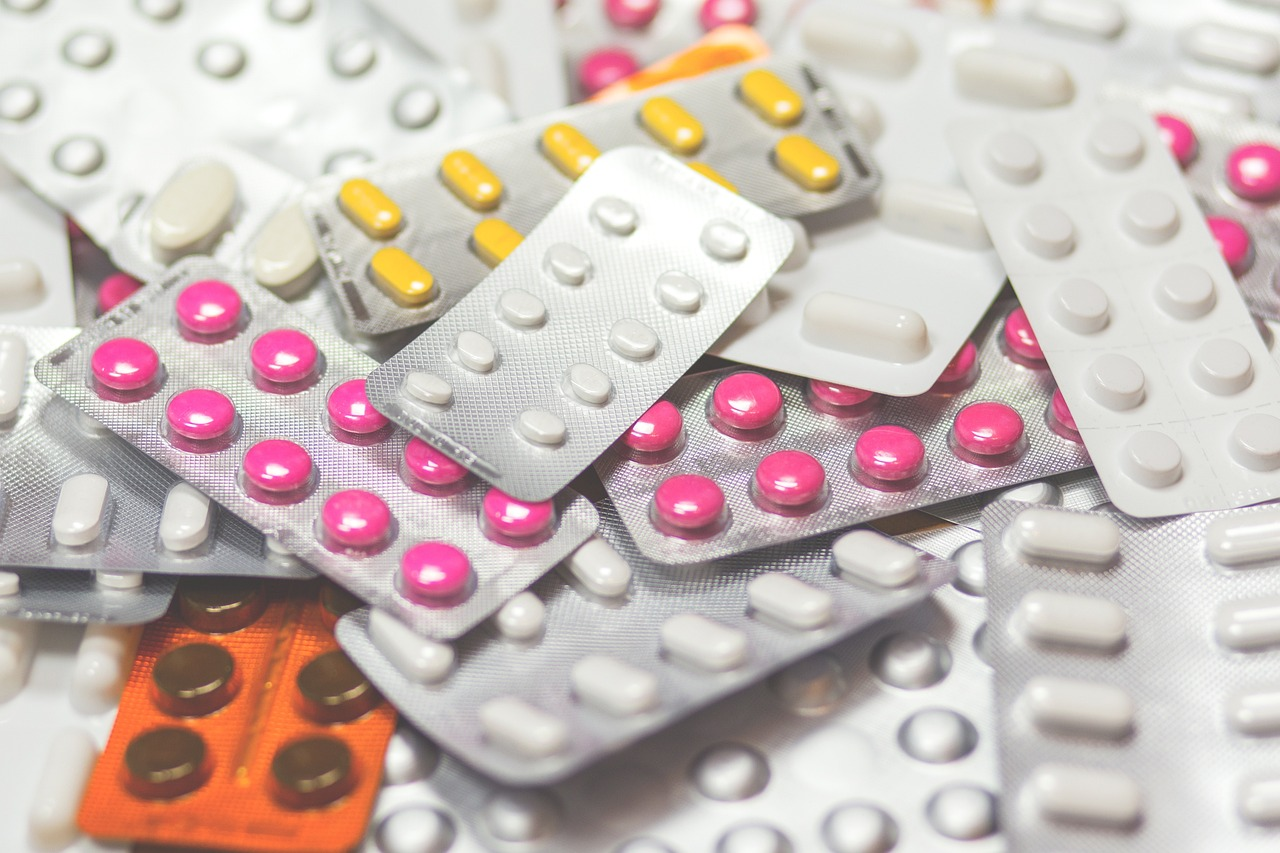
Tablets are those familiar little pills we take to treat so many diseases. But what exactly are they? Essentially, tablets are compressed forms of medication, often made from powders or granules. They’re designed to be swallowed with water, and their size and shape can vary depending on the medication inside. Think of them as tiny time capsules delivering medicine straight to your body.
Many tablets have a protective coating to shield the medication until it reaches the right place in your body. Some can even be split in half for precise dosing. It's a simple concept, but it's the foundation for countless treatments and health solutions.
The Uses of Tablets You Didn't Know about
You might think of tablets as just little pills, but they're actually much more than that. These little pills show up in surprising places. Let's see what other industries you can find them. They're versatile tools with surprising uses. Let's explore where these little pills make a big difference.
Tablets in Healthcare
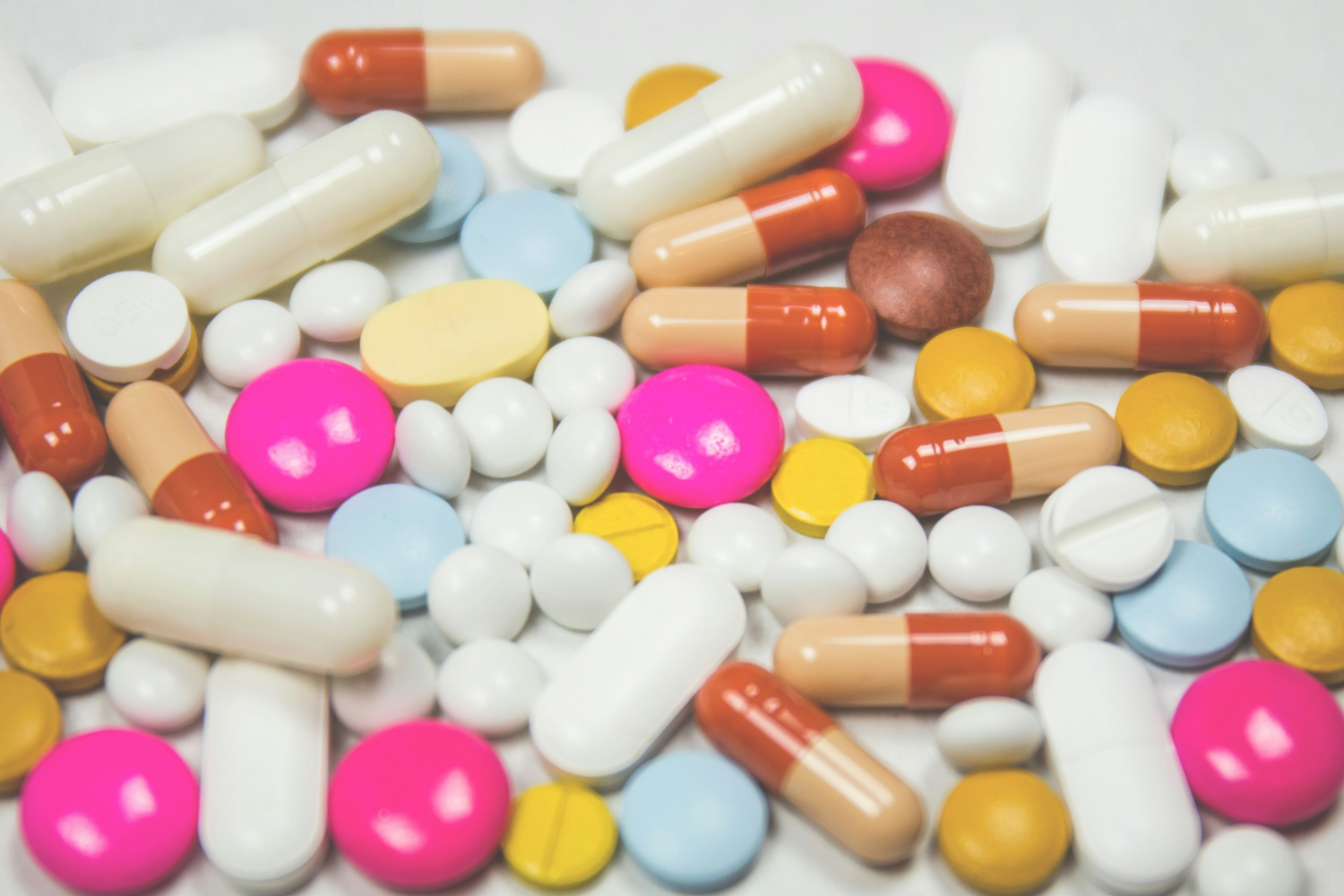
We all know tablets as our go-to for feeling better. Whether it's a simple headache or a chronic condition, there's probably a pill for it. Doctors love them because they can give patients the exact amount of medicine needed. Plus, they're easy to carry around, making them a favorite for patients and healthcare professionals alike.
Tablets in Food Production
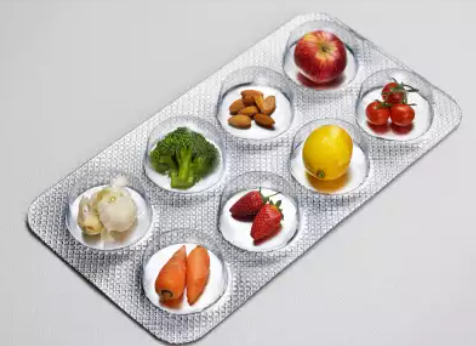
You might be surprised to learn that those tiny tablets you swallow have a hand in food production. They help preserve the foods you love, ensuring they stay fresh and safe to eat. Also, tablets can enhance the appearance of food products, making them more appealing to consumers. While you might not notice them, tablets contribute to the overall quality and enjoyment of your meals.
Tablets in Agriculture
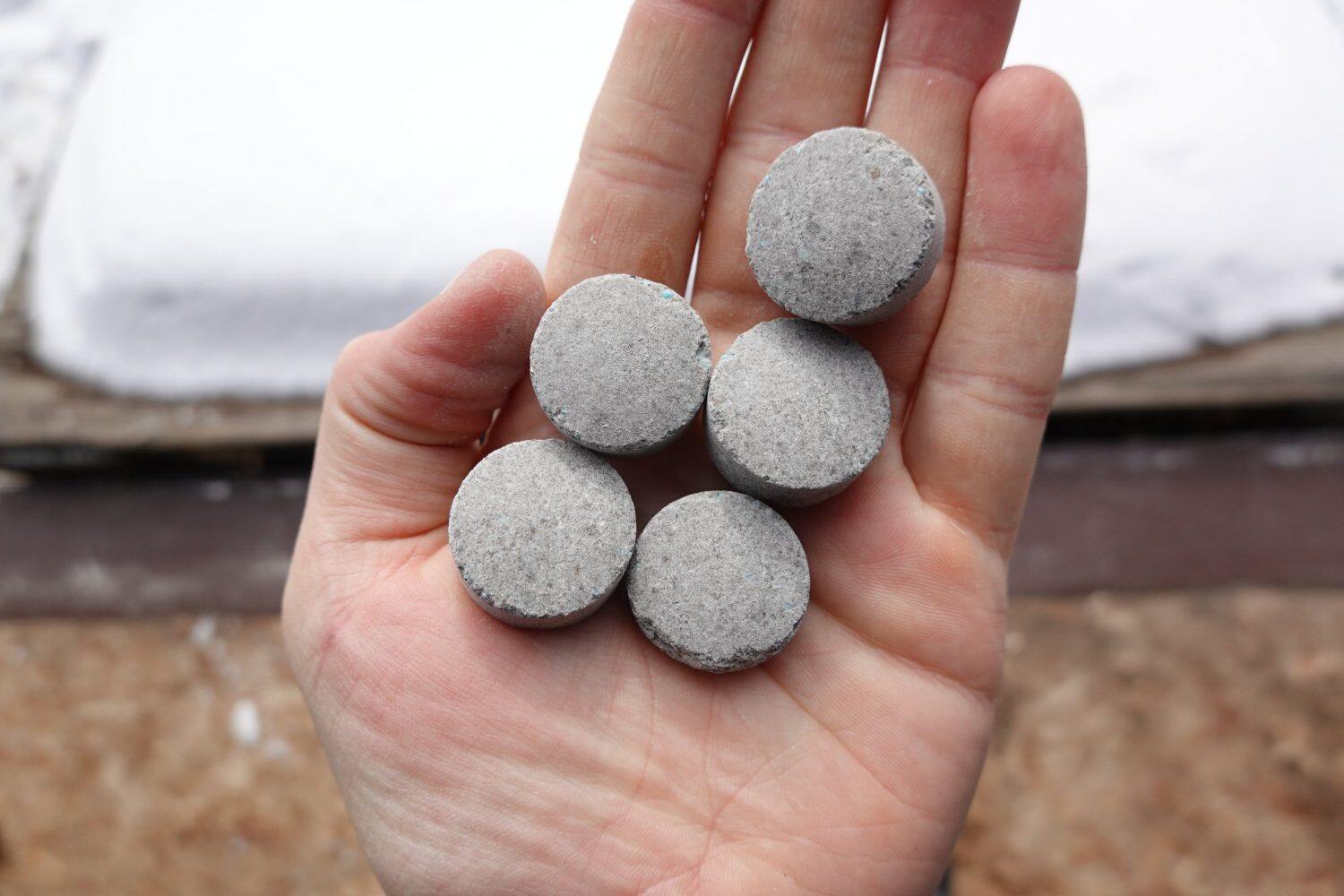
Tablets aren't just for humans, they're also helping crops grow! Fertilizer tablets feed plants steadily, without wasting nutrients. And when pesky bugs attack, pesticide tablets come to the rescue, protecting crops without harming helpful insects.
Tablets in Water Treatment
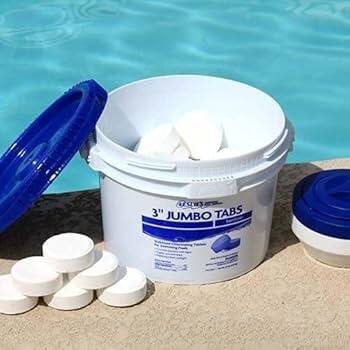
Water is life, and keeping it clean is crucial. That's where tablets come in! From your backyard pool to remote camping trips, these little pills work hard to purify water. Chlorine tablets keep your pool sparkling, while other tablets can turn questionable water into safe drinking water.
What are the Benefits of Tablets?
We've seen how versatile tablets are, popping up in different industries. But what makes them so great? Let’s find out.

1. Convenience and Portability
Tablets are designed with busy lives in mind. Their compact size and ease of administration make them perfect for busy lifestyles. No more measuring or mixing, just pop and go.
2. Precise Dosing
Tablets offer unparalleled accuracy in medication delivery. This ensures you get the exact amount of medicine needed, maximizing effectiveness and minimizing side effects.
3. Diverse Treatment Options
From treating common ailments to managing complex diseases, tablets offer a wide range of therapeutic options. Their versatility makes them a valuable tool in healthcare.ablets are designed to deliver results quickly and effectively.
4. Better Adherence
The ease of taking tablets can contribute to better medication adherence, and also lead to improved health outcomes.
5. Quick Relief
Whether it's a headache or a chronic condition, pills usually provide quick relief. The quick action of tablets makes them a popular choice for many patients.
6. Cost-Effective Care
Tablets often represent a cost-effective treatment option compared to other medication forms. And this makes healthcare more accessible.
What are the Drawbacks of Tablet Medications?
While tablets offer numerous benefits, it's essential to consider their limitations. Just like any medical treatment, tablets have their own potential drawbacks.
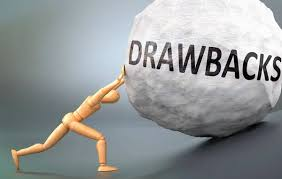
1. Environmental Impact
The production and disposal of tablets can have a negative impact on the environment. The materials and packaging used in production can cause wastes. Also, improper disposal of tablets can lead to pollution.
2. Overreliance on Medication
The quick relief of tablets may make some people become overly reliant on medication. It's important to address the underlying causes of health issues rather than solely relying on pills for symptom relief.
3. Side Effects
Like most medications, tablets can have side effects.The side effects can range from mild discomfort to more serious complications. So before taking certain pills, you should weigh the potential benefits against their risks and consult a healthcare professional.
4. Swallow Difficulty
Swallowing pills can be difficult for some people, particularly children and the elderly. This can impact medication adherence and overall treatment effectiveness.
5. Limited Treatment Options
While tablets are effective for many conditions, they may not be useful for everyone. Certain medical conditions require other forms of treatment, such as injections, inhalers, or topical medications.
How to Take Your Tablets Properly?
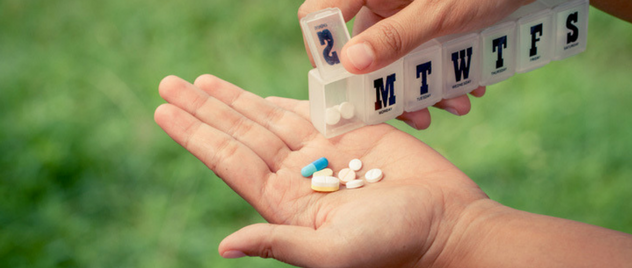
Like we just mentioned above, swallowing pills can be a challenge for some people. But there is nothing to worry about. We have outlined 7 expert tips to help you take your tablets properly.
1. Read the Instructions
Before taking tablets, carefully read the directions on the medication label first. This may include the dosage, timing, and any special instructions.
2. Choose the Right Time
Different pills might have different optimal taking time. Some tablets are best taken on an empty stomach, while others may require the company of food. Always check the label for specific instructions.
3. Stay Hydrated
Drink plenty of water before and after taking your pill. It helps things go down smoothly.
4. Find Your Perfect Angle
Try different head positions and find out which one works best for you. Some people find tilting their head back helps with swallowing tablets, while others prefer to lean forward.
5. Don’t Crush or Chew
Do not crush or chew your pills unless your doctor says it’s okay. This can change how the medicine works.
6. Don’t Force It
If a pill just won’t go down, don’t panic. Take a break and try again later.
7. Check with Your Doctor
If swallowing tablets is always a struggle for you, consult your doctor or pharmacist. They might suggest alternative medication forms or swallowing techniques.
Wrapping It Up
Tablets are small but mighty, playing a significant role in our lives. From treating illnesses to enhancing our daily routines, these unassuming pills offer so many benefits. However, it's essential to approach tablet medication with awareness. By understanding both the advantages and drawbacks, you can make informed decisions about your healthcare.
Remember, while tablets can be a valuable tool for managing health and well-being, they should not replace professional medical advice. Always consult with a healthcare provider to determine the most appropriate treatment plan for your specific needs.